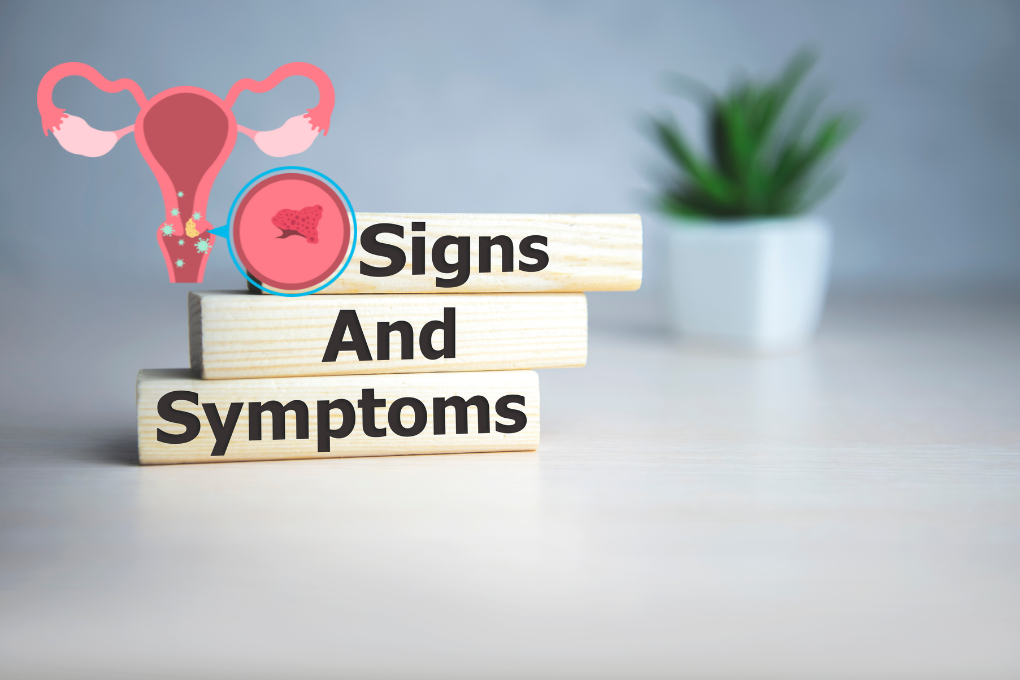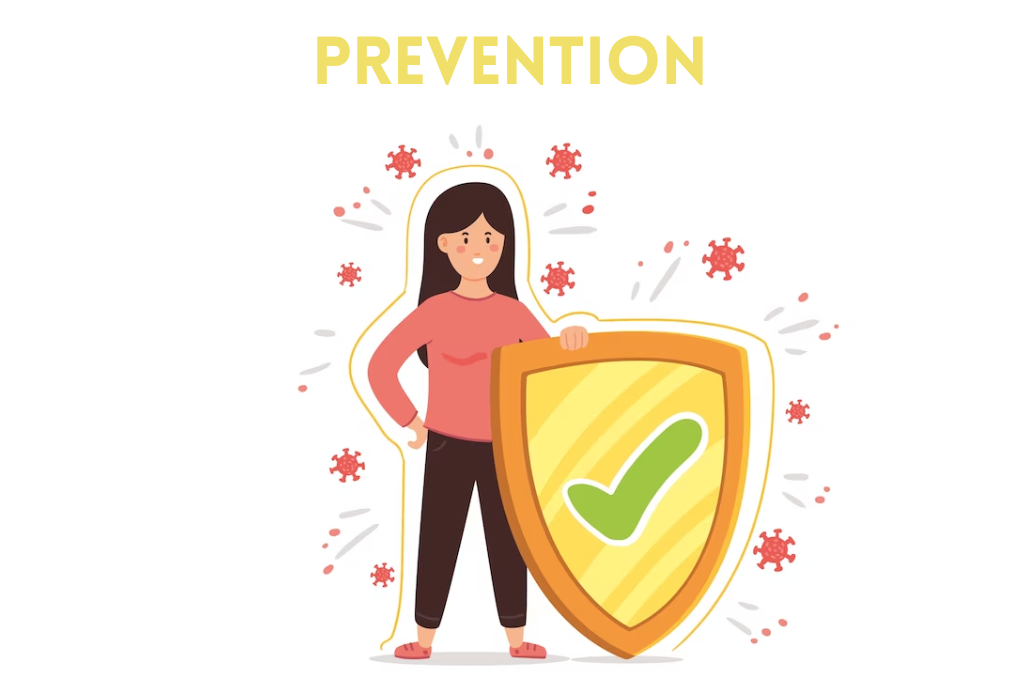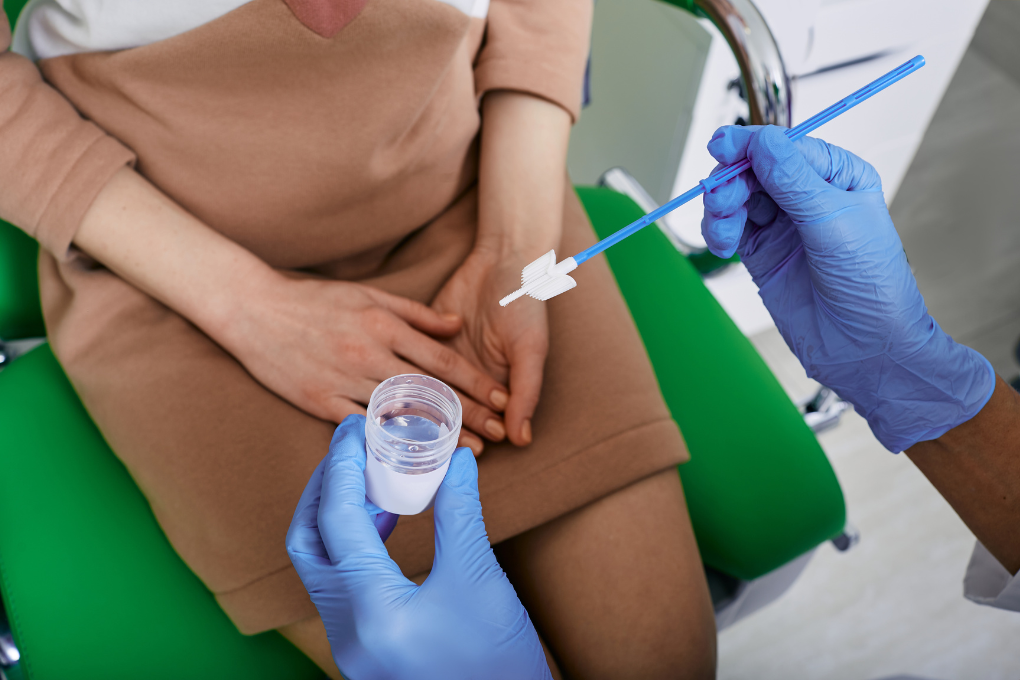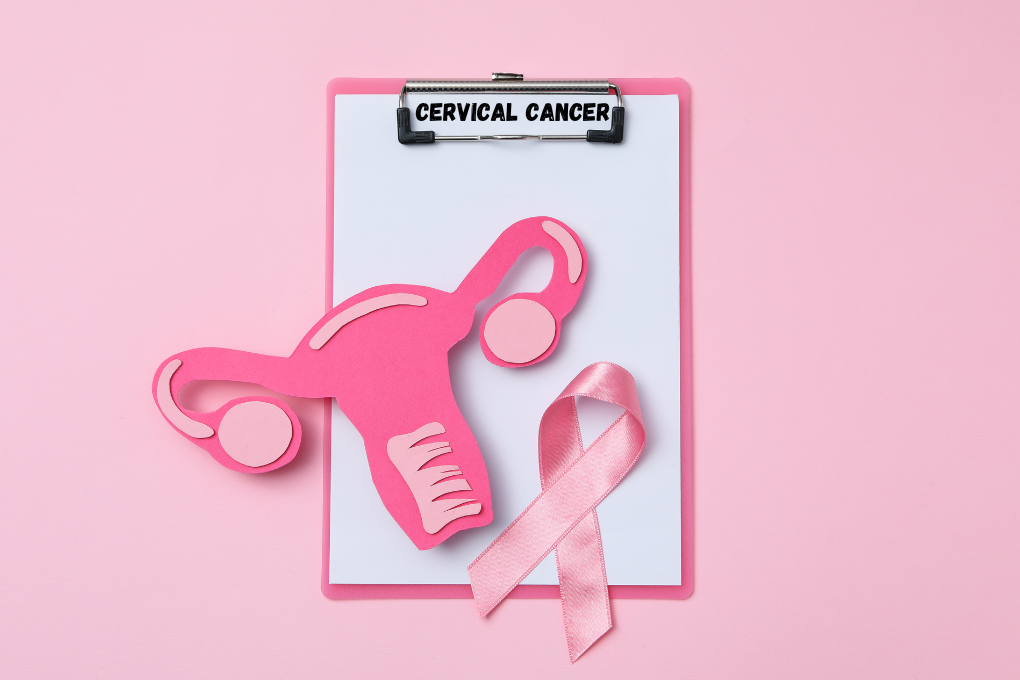We are glad you found our blog. Here, we talk about women’s health in great detail. Today, we are bringing attention to cervical cancer, a problem that affects millions of women around the world. People often don’t know they have this silent but possibly deadly disease until it’s well advanced. This is why early detection is so important. This piece will talk about how important it is to spot the early signs of cervical cancer and give you useful tips on how to stay safe. Get comfortable, grab your favorite drink, and let’s start. What does cervical cancer mean?
Understanding the Importance of Early Detection
When it comes to cervical cancer, early detection is crucial. This is because the earlier the cancer is detected, the more treatment options are available, and the higher the chances of successful outcomes. One of the main reasons why early detection is so important is that cervical cancer usually does not cause any noticeable symptoms in its early stages. By the time symptoms do appear, it often means that the cancer has already progressed and may have spread to other parts of the body. Regular screening tests can help detect abnormal cells or changes in your cervix before they develop into cancer. The Pap smear test, for example, can identify pre-cancerous cells or even early-stage cancers. Another screening option is HPV testing, which looks for high-risk strains of human papillomavirus (HPV) that can lead to cervical cancer.

You are taking a proactive step to safeguard yourself against this disease by going through routine screenings, as your doctor advises. Remember, prevention and early detection go hand in hand when it comes to combating cervical cancer. Educating yourself about risk factors and prevention methods can also play a key role in understanding why early detection matters. Certain factors, such as smoking, having multiple sexual partners, a weakened immune system, or a family history of cervical cancer, increase your risk.
Taking preventive measures like practicing safe sex with barrier methods such as condoms and getting vaccinated against HPV can significantly reduce your chances of developing cervical cancer. Additionally, maintaining good overall health through regular exercise and eating a balanced diet rich in fruits and vegetables while avoiding excessive alcohol consumption are all steps you can take toward reducing your risk.
If you notice any potential warning signs, such as abnormal bleeding between periods or after intercourse; pelvic pain; unusual discharge; or pain during sex, do not ignore them! Even if these symptoms seem minor or fleeting, it’s essential to discuss them with your healthcare provider, who will be able to determine whether further investigations are needed.
Common Symptoms and Warning Signs of Cervical Cancer
Cervical cancer often presents with subtle symptoms in its early stages, which is why regular screenings are crucial for early detection. Even though other conditions may also be to blame for these symptoms, it’s crucial to pay attention to any changes in your body and seek medical advice if you notice any of the following:

Abnormal vaginal bleeding: This includes bleeding between periods, after intercourse, or after menopause. Any unexplained bleeding should not be ignored.
Unusual discharge: Pay attention to any changes in the color, consistency, or odor of your vaginal discharge. A sudden increase in discharge could also be a warning sign.
Pelvic pain: persistent pelvic pain that is unrelated to menstruation or other known causes should raise concerns.
Pain during intercourse: If you experience discomfort or pain during sexual intercourse that you haven’t experienced before, it’s worth discussing with your healthcare provider.
Changes in urinary habits: Frequent urination, urinary urgency, or difficulty urinating can sometimes indicate cervical cancer has progressed.
Remember that these symptoms can have various causes and may not necessarily mean you have cervical cancer. However, if you notice any persistent changes or new symptoms that concern you, consult a healthcare professional for proper evaluation and guidance.
By staying aware of these common signs and taking proactive steps such as getting regular screenings and vaccinations against HPV (human papillomavirus), we can better protect ourselves against cervical cancer.
Risk Factors and Prevention Methods
When it comes to cervical cancer, certain factors can increase the likelihood of developing the disease. Although these factors do not guarantee that someone will develop cervical cancer, being aware of them can help individuals take proactive steps toward prevention. One significant risk factor for cervical cancer is infection with certain types of human papillomavirus (HPV), a common sexually transmitted infection. Some strains of HPV have been linked to an increased risk of cervical cancer. Other risk factors include smoking, a weakened immune system, long-term use of oral contraceptives, and a family history of cervical cancer.

To protect against this potentially life-threatening disease, vaccination is crucial. The HPV vaccine is highly effective in preventing infection with high-risk strains of HPV and is recommended for both males and females between the ages of 9 and 26. Practicing safe sex by consistently and correctly using condoms reduces the chances of contracting HPV or other sexually transmitted infections. Regular check-ups with a healthcare provider are also vital, as they can detect any abnormalities early on through screenings like Pap tests or HPV DNA tests. Maintaining a healthy lifestyle by eating a balanced diet rich in fruits and vegetables, exercising regularly, quitting smoking if you currently smoke, and managing stress levels are all additional ways to reduce your overall risk.
Understanding the risk factors associated with cervical cancer provides valuable insights into prevention methods such as vaccination, safe sex practices, and regular screenings. It’s important to always consult with your healthcare professional to best address your individual needs when it comes to protecting yourself against this disease.
Screening Tests for Cervical Cancer
Regular screening tests are important for finding cervical cancer early when it is most treatable. These tests can help find abnormal changes in the cells of the cervix before they turn into cancer or spread to other parts of the body. The Pap test, also called a Pap smear, is a common way to find cervical abnormalities. During this test, your healthcare provider will take a small sample of cells from your cervix and send it to a lab for analysis. The cells will be looked at under a microscope to check for any signs of precancerous or cancerous changes.

Another screening option is the HPV test, which specifically looks for high-risk strains of the human papillomavirus (HPV) that can cause cervical cancer. This test may be done alone or together with a Pap smear. It’s important to know that both of these tests are relatively quick and painless and do not need anesthesia. Most women should start getting regular screenings at age 21, but specific recommendations may vary based on individual risk factors and medical history.
By getting regular screenings as recommended by your healthcare provider, you can greatly increase your chances of finding cervical cancer early and getting prompt treatment if needed. Remember to talk to your doctor about the best screening options for you based on your unique circumstances.
Support and Resources for Those Affected by Cervical Cancer
Receiving a diagnosis of cervical cancer can be overwhelming, both emotionally and physically. However, it’s important to remember that you are not alone on this journey. There are numerous support systems and resources available to help you navigate through this challenging time.

One valuable resource is support groups specifically tailored for individuals affected by cervical cancer. These groups provide a safe space where you can connect with others who understand what you’re going through. Sharing experiences, fears, and triumphs with others who have faced similar challenges can offer immense comfort and encouragement. In addition to support groups, many organizations dedicated to cervical cancer awareness provide comprehensive information about the disease, treatment options, and coping strategies. They often offer online resources such as educational materials, webinars, and forums where you can ask questions or seek advice from medical professionals or fellow survivors.
Counseling services are also available for those seeking emotional support during their journey with cervical cancer. Professional counselors or therapists experienced in working with cancer patients can guide managing anxiety, depression, or any other emotional struggles that may arise. Financial assistance programs may be accessible if the cost of treatment or related expenses becomes burdensome. Organizations like the American Cancer Society offer grants or financial aid options designed specifically for individuals facing various types of cancers.
Remember that your healthcare team is an invaluable source of support throughout your journey with cervical cancer—they will guide you through treatment decisions while ensuring your physical well-being remains a priority. While each person’s experience with cervical cancer is unique, reaching out for help from these various sources ensures that no one has to face it alone.
Take Charge of Your Health and Stay Protected
In this article, we’ve discussed the importance of early detection in preventing cervical cancer. By knowing the common symptoms and warning signs, you can take proactive steps to protect yourself. Remember, knowledge is power when it comes to your health. It’s important to understand the risk factors associated with cervical cancer and take preventive measures accordingly. Regular screenings are crucial in detecting any abnormalities or precancerous cells early on. Make sure to discuss screening options with your healthcare provider and follow their recommendations.

Additionally, don’t underestimate the value of the support and resources available for those affected by cervical cancer. Whether you’re a patient or supporting someone through their journey, reaching out to organizations that specialize in cervical cancer can provide emotional support, information, and guidance. Taking charge of your health means staying informed about all aspects related to cervical cancer prevention, detection, and treatment options, as well as self-care practices like maintaining a healthy lifestyle and practicing safe sex.
Remember that each person’s experience with cervical cancer is unique. If you notice any concerning symptoms or have questions or concerns about your health or that of someone close to you, seek medical advice promptly from qualified professionals who will be able to guide you appropriately. By prioritizing regular screenings, knowing the warning signs, understanding risk factors, and accessing appropriate support systems, together we can work towards reducing the prevalence of cervical cancer worldwide. Let’s take charge of our health today and stay protected!
The article “The Role of Mosquito Control in Preventing Dengue Outbreaks” discusses the important steps needed to reduce the spread of dengue fever. It highlights proactive strategies like controlling mosquitoes, raising public awareness, and involving the community, stressing the importance of working together to prevent dengue outbreaks.

